(Class 11 Political Science notes)
1. Introduction to Rights
- Meaning of Rights:
- Rights are claims of an individual that are recognised by society and sanctioned by law.
- They are essential for a dignified life and for the development of personality.
- Why Rights are important?
- Protect individuals from arbitrary actions of the State.
- Ensure participation in political and social life.
- Promote equality and justice.
2. Fundamental Rights in the Indian Constitution
- Location: Part III of the Constitution (Articles 12–35).
- Original count: 7 Fundamental Rights (now 6 after the 44th Amendment in 1978 removed Right to Property).
- Nature:
- Justiciable (enforceable by courts).
- Universal for all citizens (some available to foreigners too).
- Classification (present 6 categories):
- Right to Equality – Articles 14 to 18
- Right to Freedom – Articles 19 to 22
- Right against Exploitation – Articles 23 & 24
- Right to Freedom of Religion – Articles 25 to 28
- Cultural and Educational Rights – Articles 29 & 30
- Right to Constitutional Remedies – Article 32
3. Right to Equality (Articles 14–18)
- Article 14: Equality before law and equal protection of the laws.
- Article 15: Prohibition of discrimination on grounds of religion, race, caste, sex or place of birth.
- Exceptions: Special provisions for women, children, SCs, STs, and socially/economically backward classes.
- Article 16: Equality of opportunity in matters of public employment.
- Article 17: Abolition of untouchability (offence punishable by law).
- Article 18: Abolition of titles (except academic/military distinctions).
4. Right to Freedom (Articles 19–22)
Article 19 – Six freedoms for citizens:
- Freedom of speech and expression.
- Freedom to assemble peacefully and without arms.
- Freedom to form associations or unions.
- Freedom to move freely throughout the territory of India.
- Freedom to reside and settle in any part of India.
- Freedom to practise any profession, or to carry on any occupation, trade, or business.
- Reasonable restrictions: Imposed in the interest of sovereignty, security, public order, morality, etc.
Article 20 – Protection in respect of conviction for offences:
- No ex-post facto laws.
- No double jeopardy.
- No self-incrimination.
Article 21 – Protection of life and personal liberty:
- No person shall be deprived of life or personal liberty except according to procedure established by law.
- Expanded interpretation by judiciary to include:
- Right to privacy.
- Right to clean environment.
- Right to livelihood, shelter, education.
Article 21A – Right to Education:
- Free and compulsory education for children between 6–14 years (86th Amendment, 2002).
Article 22 – Protection of rights of persons in case of arrest and detention:
- Preventive Detention provisions (max 3 months without Advisory Board approval).
5. Right against Exploitation (Articles 23–24)
- Article 23: Prohibits human trafficking, forced labour, begar.
- Article 24: Prohibits employment of children below 14 years in hazardous industries.
6. Right to Freedom of Religion (Articles 25–28)
- Article 25: Freedom of conscience and free profession, practice and propagation of religion.
- Article 26: Freedom to manage religious affairs.
- Article 27: Freedom from payment of taxes for promotion of any religion.
- Article 28: Freedom from attending religious instruction in certain educational institutions.
7. Cultural and Educational Rights (Articles 29–30)
- Article 29: Protection of interests of minorities – right to conserve their language, script, and culture.
- Article 30: Right of minorities to establish and administer educational institutions.
8. Right to Constitutional Remedies (Article 32)
- Allows individuals to approach the Supreme Court directly for enforcement of Fundamental Rights.
- Writs:
- Habeas Corpus – produce the body.
- Mandamus – command to perform duty.
- Prohibition – forbid lower court from exceeding jurisdiction.
- Certiorari – quash order of lower court.
- Quo Warranto – question authority to hold public office.
- Described by Dr. B.R. Ambedkar as the “Heart and Soul” of the Constitution.
9. Suspension of Fundamental Rights
- During National Emergency (Article 352), most Fundamental Rights can be suspended except Articles 20 & 21.
- Article 359 empowers the President to suspend enforcement of certain Fundamental Rights.
10. Relationship between Fundamental Rights & Directive Principles
- Fundamental Rights → enforceable, protect individual liberty.
- Directive Principles → non-justiciable, aim at socio-economic democracy.
- Supreme Court has upheld the harmony between the two (Kesavananda Bharati case, 1973).
11. Landmark Judgments
- Kesavananda Bharati v. State of Kerala (1973) – Basic Structure Doctrine.
- Maneka Gandhi v. Union of India (1978) – widened scope of Article 21.
- Indira Sawhney v. Union of India (1992) – upheld OBC reservations.
- Puttaswamy v. Union of India (2017) – Right to Privacy as a Fundamental Right.
12. Amendments Related to Rights
- 42nd Amendment (1976) – curtailed rights during Emergency.
- 44th Amendment (1978) – restored rights, removed Right to Property from Fundamental Rights.
- 86th Amendment (2002) – added Article 21A (Right to Education).
13. Significance of Fundamental Rights
- Safeguard individual dignity.
- Protect democracy.
- Promote unity and integrity of the nation.
- Act as limitations on the power of the State.
14. Conclusion
- Fundamental Rights are the cornerstone of Indian democracy.
- They ensure that citizens enjoy liberty, equality, and justice.
- Enforcement through judicial review strengthens the constitutional framework.
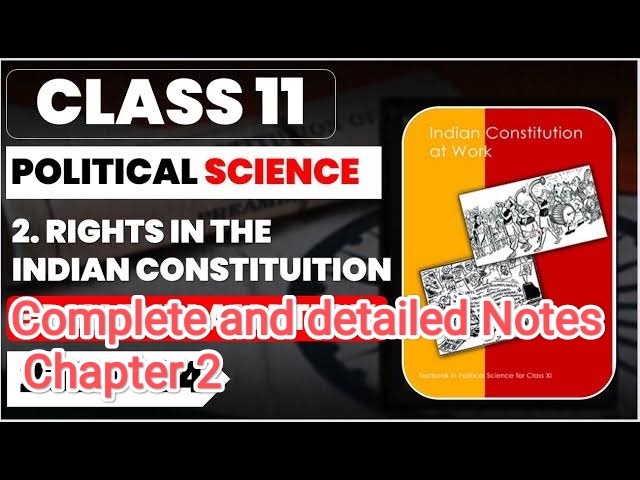

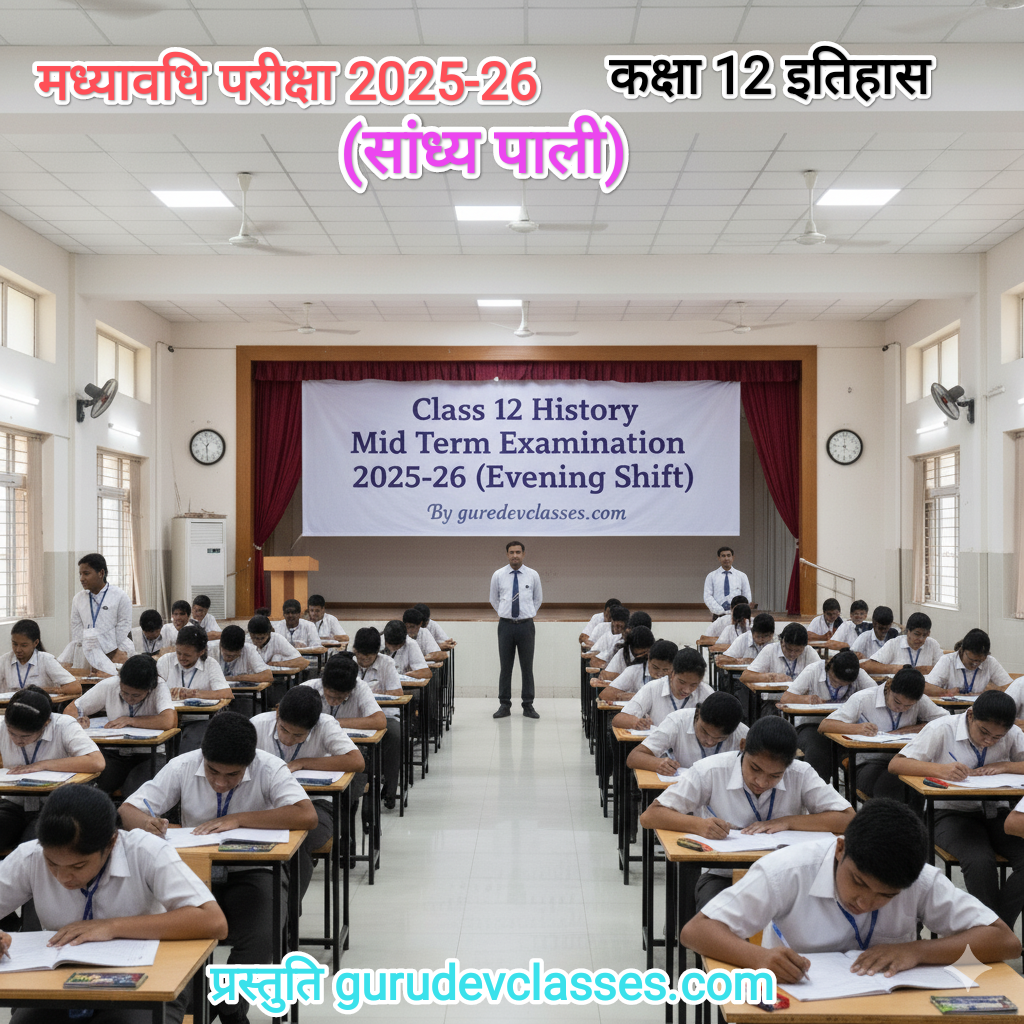

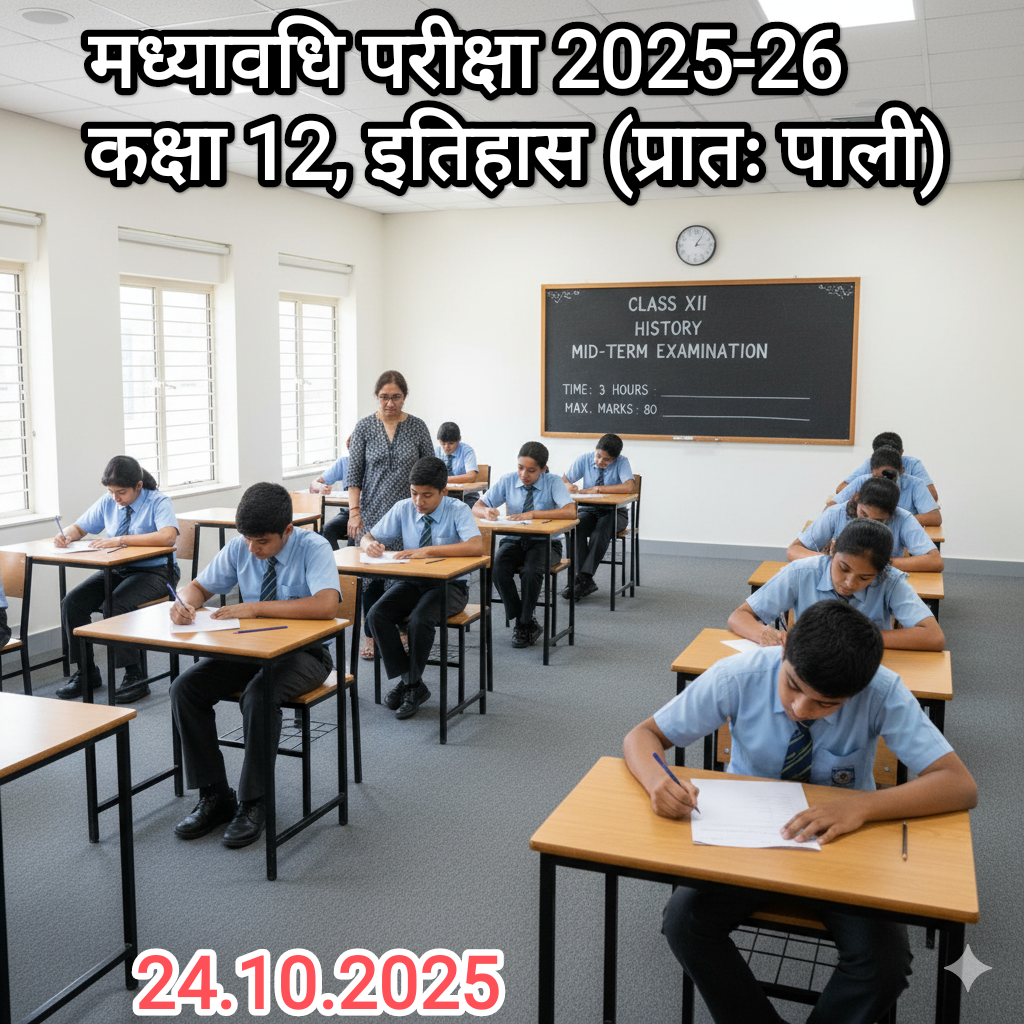
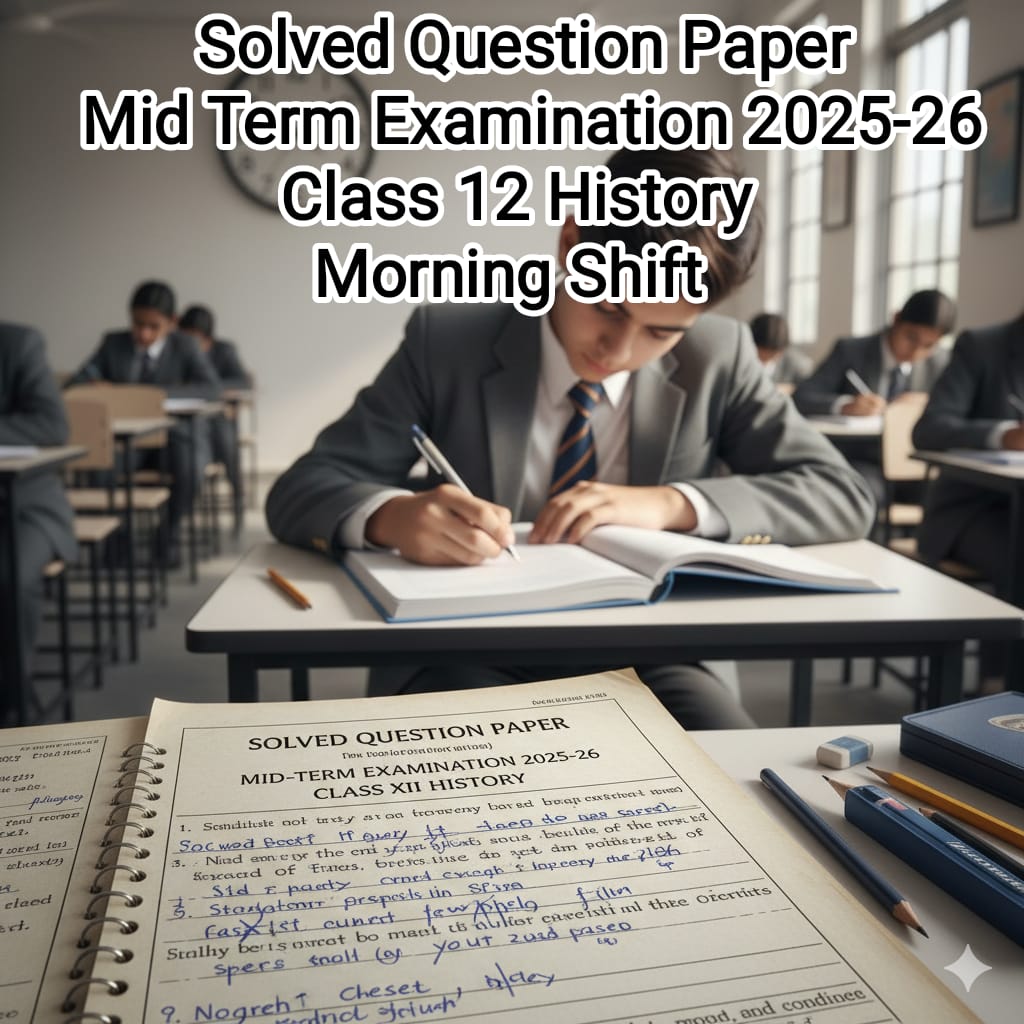
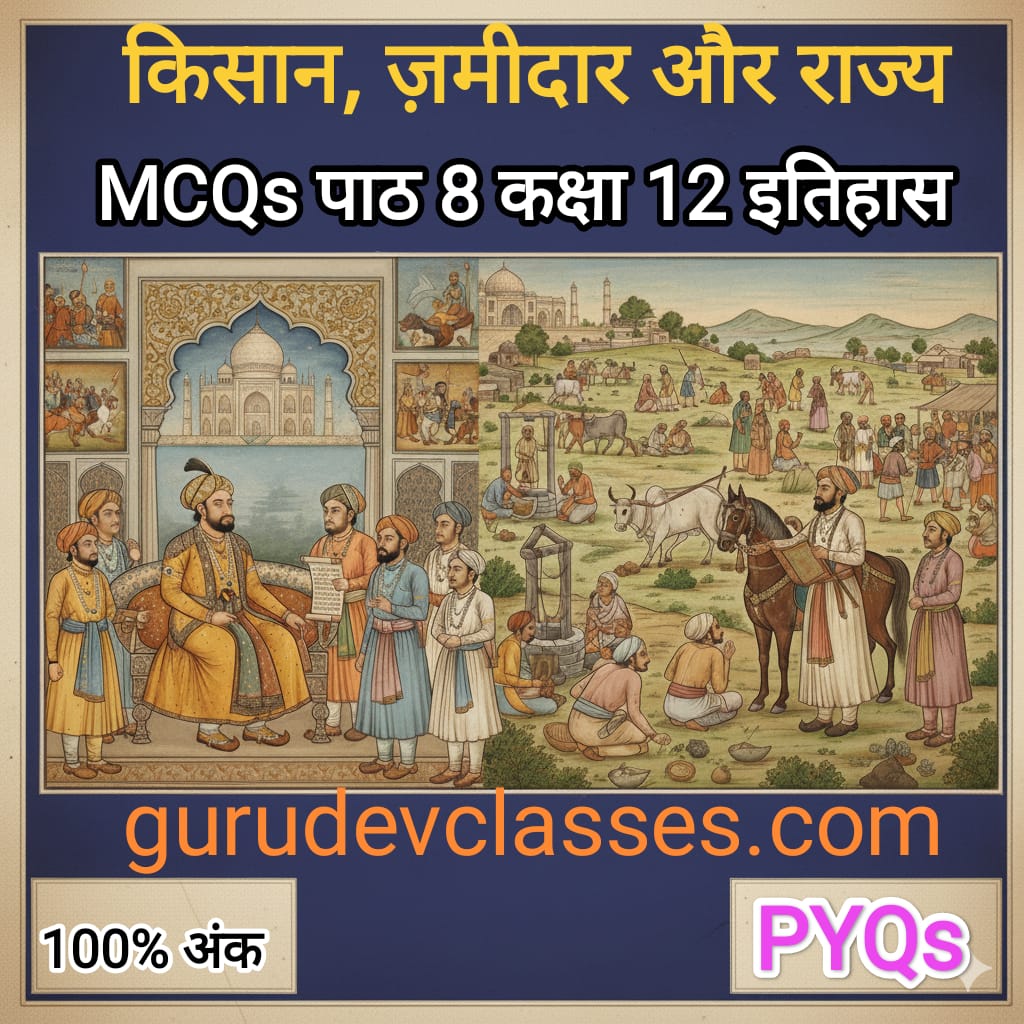

some times its a pain in the ass to read what website owners wrote but this web site is really user pleasant! .